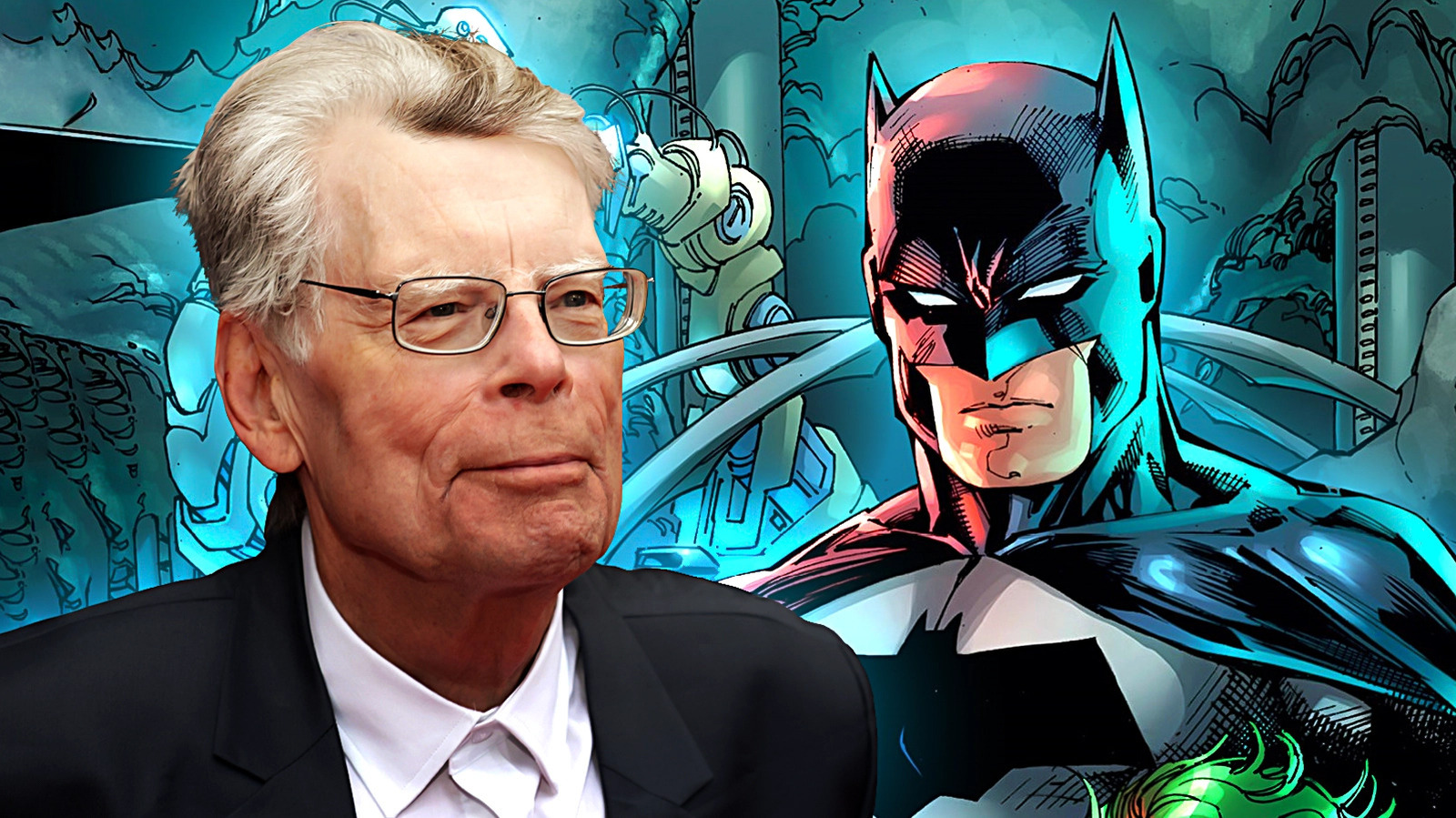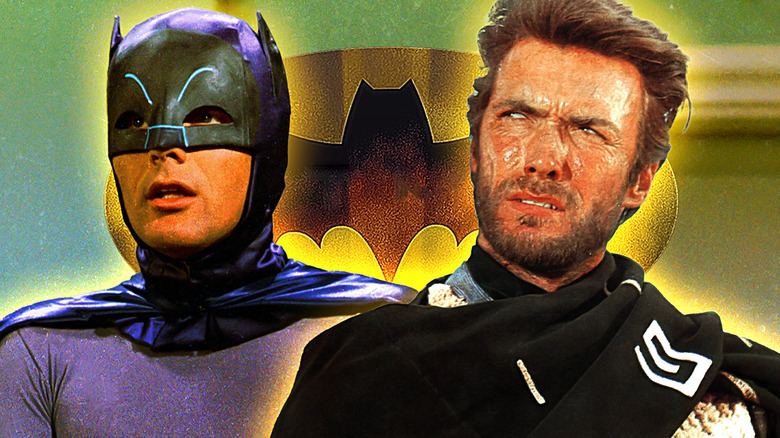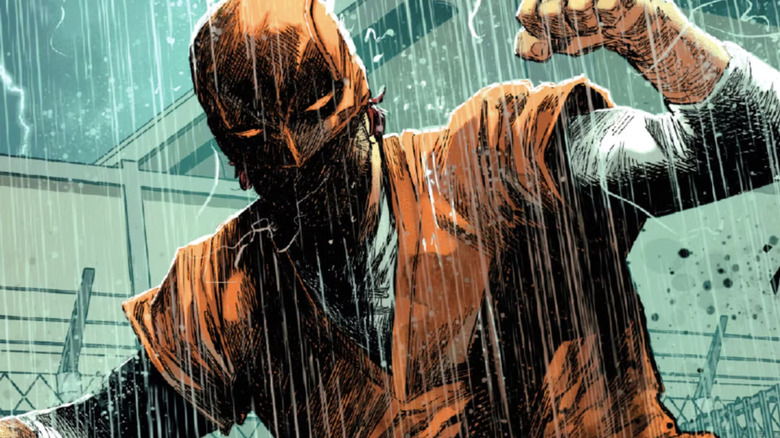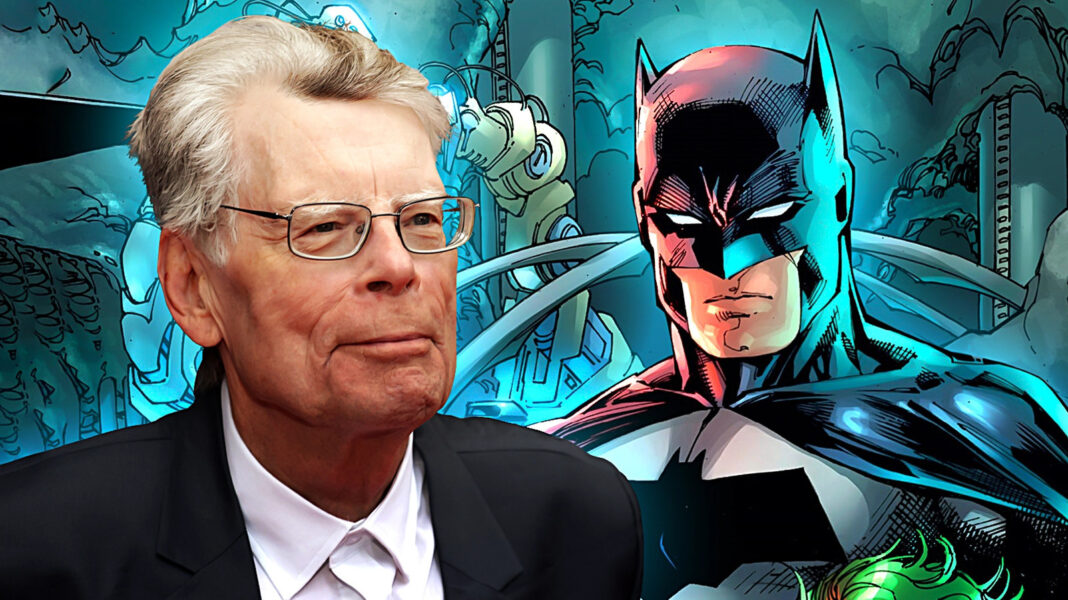The Master of Horror’s Secret Love Affair: Uncovering Stephen King’s Favorite Superhero
In a world where darkness reigns supreme, one author’s imagination runs wild with tales of the macabre and the supernatural. Stephen King, the maestro of modern horror, has captivated audiences with his chilling stories for decades. However, behind the façade of blood-curdling villains and eerie landscapes, lies a secret passion of the master scribe – a love for the world of superheroes. In a surprising reveal, it’s been discovered that King’s favorite superhero is none other than a DC Comics icon, leaving fans to wonder what drives this unlikely affinity.

Stephen King’s Love Affair with Comic Books: Unpacking His Favorite Superhero
The Roots of a Passionate Fan

Stephen King, the master of horror, harbors a deep-seated love for comic books and superheroes, an affection that permeates his writing and influences his creative vision. His early exposure to these vibrant narratives shaped his understanding of the genre and ignited a passion that continues to this day. Exploring King’s connection to comic books reveals a fascinating interplay between two powerful mediums, each enriching the other with thematic depth and stylistic nuances.
King’s literary works often echo the archetypal narratives found in comic books. For instance, “The Dark Tower” series, a sprawling epic that blends fantasy, science fiction, and western elements, features the Wolves of the Calla, a nomadic tribe whose attire resembles the flamboyant ensembles worn by Doctor Doom, a prominent Marvel Comics villain. This deliberate nod underscores King’s familiarity with and respect for the world of superheroes, seamlessly weaving comic book aesthetics into his complex narratives.
“Firestarter,” King’s 1980 novel about a young girl with pyrokinetic abilities and her father on the run from a shadowy government agency, also exhibits clear influences from the superhero genre. The story shares thematic parallels with “The Fugitive” and “X-Men,” showcasing a protagonist with extraordinary abilities facing persecution and seeking refuge. This blending of genres highlights King’s ability to draw inspiration from diverse sources, enriching his own creations with elements that resonate with a wide audience.

Stephen King’s Affection for DC Comics’ Icon: Batman
Among the myriad superheroes that populate the comic book landscape, Stephen King holds a particular fondness for Batman, the brooding vigilante who stands as a symbol of heroism and justice. King’s admiration for the Caped Crusader is evident in his foreword to the landmark 400th issue of “Batman” published in 1986. This essay, penned by King himself, delves into the character’s enduring appeal and explores the reasons behind his lasting impact on popular culture.
King’s foreword praises Batman’s unwavering commitment to justice, his relentless pursuit of truth, and his ability to inspire hope even in the darkest of times. He acknowledges Batman’s human vulnerabilities and his struggle to overcome personal tragedy, making him a relatable and compelling character for readers of all ages. The foreword serves as a testament to King’s deep appreciation for the character’s complexity and his enduring legacy as a cultural icon.
“Batman” #400, a momentous issue in the character’s history, celebrates his legacy and reflects King’s insights into what makes Batman so enduring. Frank Miller’s groundbreaking “The Dark Knight Returns” had redefined Batman just a year earlier, paving the way for a new era of the character. The crossover-reboot “Crisis on Infinite Earths” further solidified Batman’s position as a timeless hero, setting the stage for David Mazzucchelli and Frank Miller’s acclaimed “Batman: Year One” in 1987. King’s foreword beautifully encapsulates this era, showcasing Batman’s evolution and his ability to adapt to changing times.

The Impact of Comic Books on King’s Writing and Beyond
The influence of comic books extends far beyond King’s personal preferences. His engagement with the medium has demonstrably shaped his writing style, thematic explorations, and creative vision. The interconnected narratives, dynamic characters, and heightened sense of drama inherent in comic books have undoubtedly informed his approach to storytelling.
King’s contributions to the comic book world further solidify his connection to the medium. He penned a back-up story in the first five issues of Scott Snyder’s acclaimed horror comic “American Vampire” in 2010. This collaboration demonstrates King’s willingness to engage with contemporary comic book storytelling and his ability to translate his unique voice to a different format.
Furthermore, King’s involvement with “Heroes for Hope,” a 1985 special issue of “X-Men,” showcases his respect for the genre and his desire to contribute to its evolution. This special issue, which featured stories by various creators, aimed to raise awareness about homelessness and provide support to those in need. King’s participation in this project highlights his commitment to using his platform to address social issues and make a positive impact.
Stephen King’s Legacy in the World of Comic Books
Stephen King’s legacy in the world of comic books is one of admiration, respect, and influence. His passion for the medium is evident in his writing, his collaborations, and his enduring affection for iconic characters like Batman. He has bridged the gap between literature and comics, demonstrating the power of storytelling across different mediums.
Conclusion
In conclusion, the article reveals that Stephen King, the renowned author of horror and suspense, has a soft spot for the DC Comics icon, Batman. The article highlights how King’s admiration for the Caped Crusader stems from his shared values of justice, morality, and the human struggle against darkness. The significance of this revelation lies in the fact that it bridges the gap between two seemingly disparate worlds – literature and comics. It also underscores the influence of comics on popular culture, as well as the enduring appeal of iconic characters like Batman.
The implications of King’s affinity for Batman are far-reaching, as it speaks to the power of storytelling and the human desire for heroes. It also highlights the importance of nostalgia, as King’s fondness for Batman reflects the impact that comics had on his own formative years. Looking forward, this revelation could lead to exciting collaborations or crossovers between King and DC Comics, potentially giving birth to new and innovative storytelling opportunities.
In the end, Stephen King’s admission that Batman is his favorite superhero serves as a powerful reminder of the transformative power of storytelling. As we navigate the complexities of our world, we are all drawn to the symbols of hope and resilience that characters like Batman represent. And as we continue to create and consume stories, we would do well to remember the profound impact that they can have on our lives – much like the lasting impact that Batman has had on King’s own creative journey.
